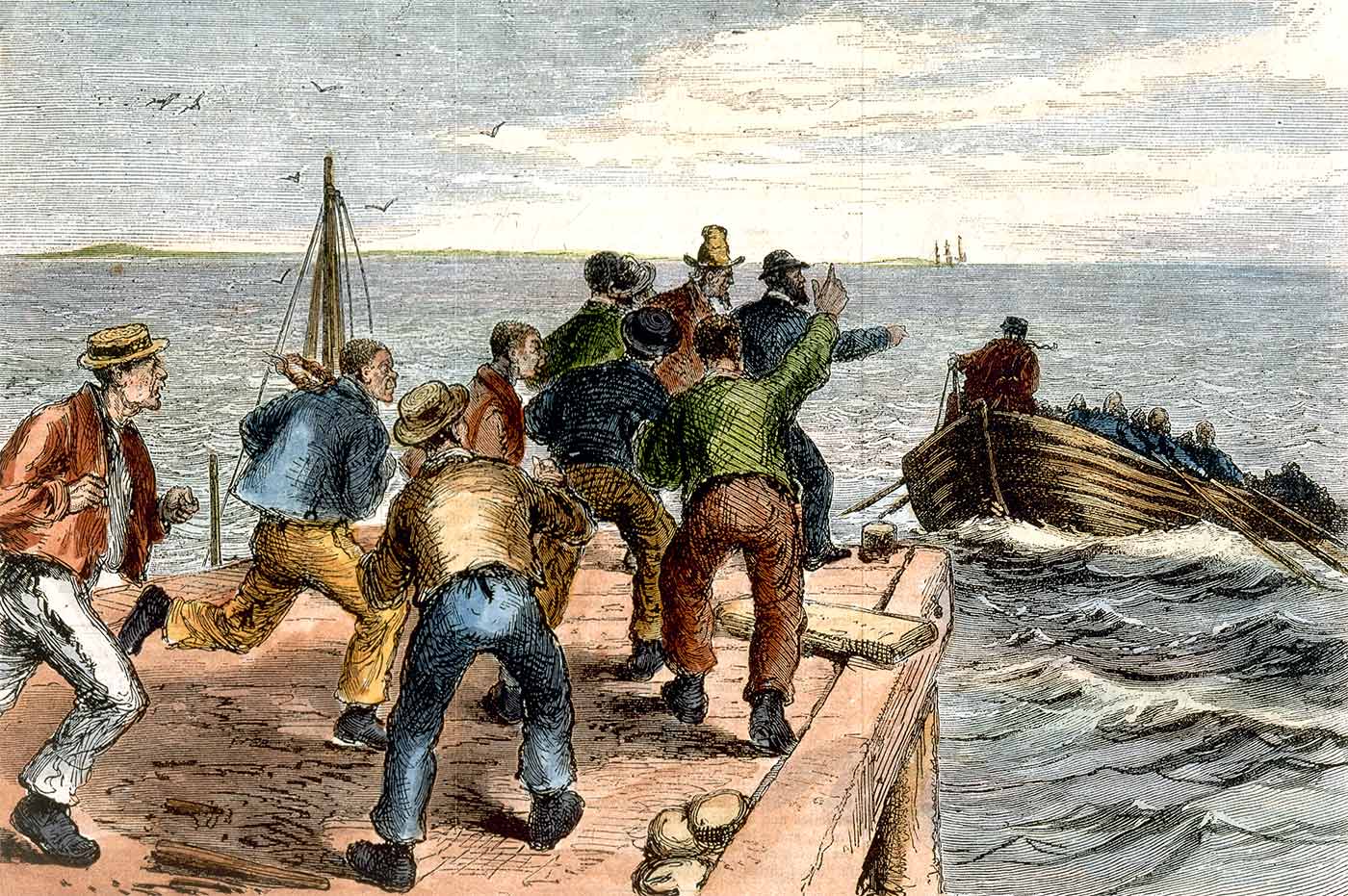Getting started
If you're new to family history, this page will give you a quick overview with tips to get you started, notes on geography and family history research online.
Nine tips to get you started
- Start with yourself and move back through the generations until you find the first ancestor born in Ireland.
- Location in Ireland is essential. Some 19th-century records no longer exist and location may be key to identifying your Irish ancestor. Find out as much as you can about the places where your ancestors lived. Learn about the civil and church boundaries and how they relate to one another.
- Be flexible with names. 'O' and 'Mc' may have been added or removed at different times. Always be flexible with spelling and consider all variants.
- Religion of your ancestor will help you identify and find relevant records.
- Read a good history of Ireland. This will help put your ancestors in their social and economic context, may help you to understand why they migrated and also may help you to identify other valuable sources of information.
- Maps and gazetteers are very valuable to family historians. Try to find a map of the area in which your ancestors lived at the time they lived there.
- Use a good 'gateway' site to help you find reliable websites relevant to Irish research.
- Look for others researching in the same family or the same area. There are lots of websites where people share their research by name or place.
- Join a family history society. There are family history societies in every Australian state and territory. They have a range of hard-to-get resources and are staffed by family historians who are more than happy to share their experience and knowledge.
Ireland's geography
Knowing where your Irish ancestors came from is important in tracing their records. Irish placenames are complex:
- 4 provinces: Connacht, Munster, Leinster and Ulster
- 32 counties
- 2500+ civil parishes
- 60,000+ townlands (small geographical divisions of land used only in Ireland).
Many placenames have alternative spellings in both Gaeilge and English or Anglicised Gaeilge. And many places have the same name.
Records may be found at the county, parish or townland level.
Family history research online
Family history is one the fastest growing activities worldwide. There are literally millions of websites developed by and for family history researchers.
